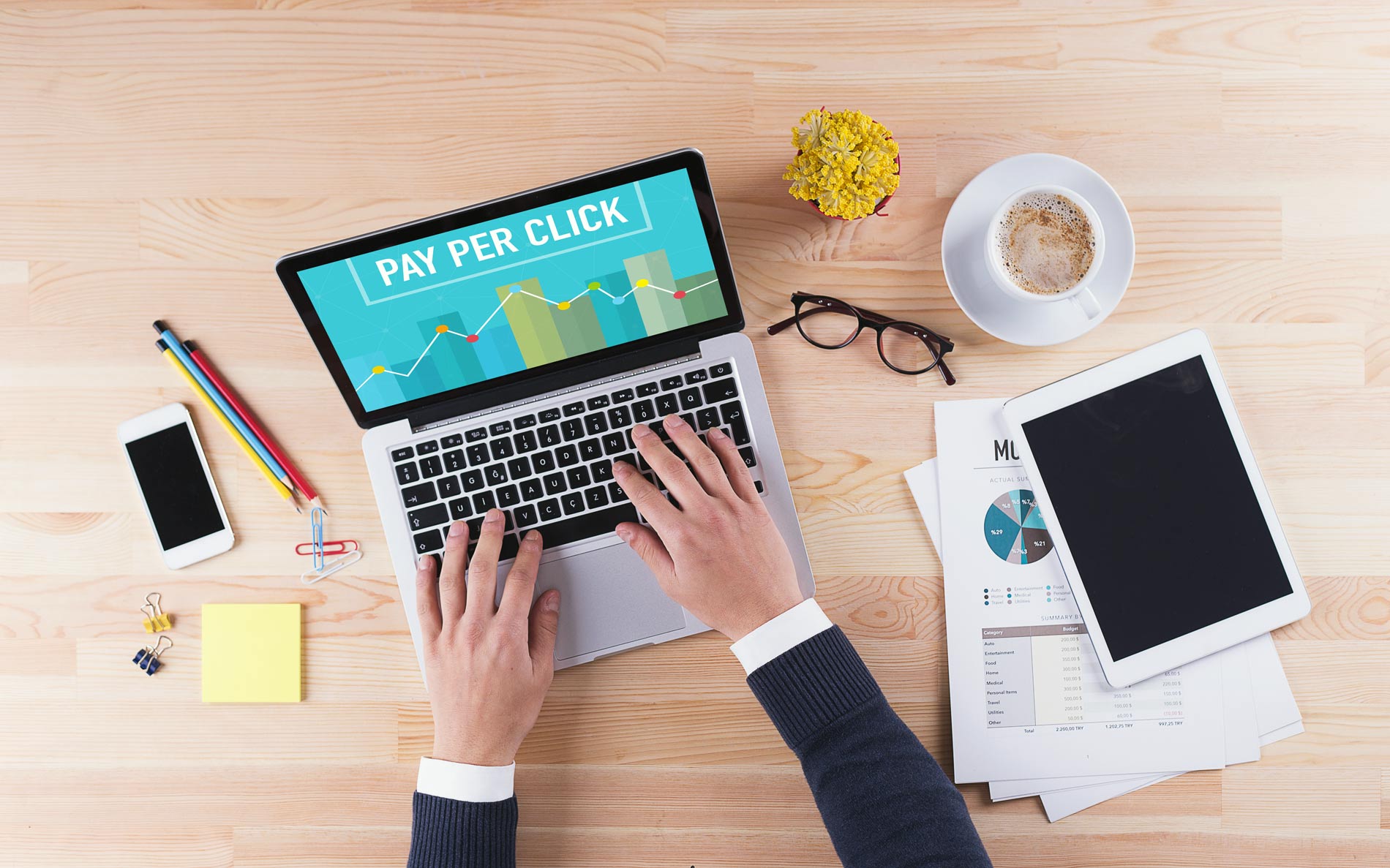Small business owners like you want to know which is better, SEO or PPC? After all you may have heard that SEO takes a long time to see results and PPC can have a much faster return on investment. Yet, you know advertising can get expensive and it can be tricky to know exactly how to advertise with pay-per-click ads. Does slow and steady win the race, or should you just jump in and start advertising right away?

What is SEO?
SEO is an acronym for Search Engine Optimization. Basically it is a practice of using targeted keywords or keyword phrases that will draw the kind of traffic to your site that you want – traffic that can turn into leads and eventually customers. SEO can also increase the amount of traffic to your site, and it’s traffic that you don’t have to advertise for because the keywords are the advertising. This organic search traffic is what is highly prized on the net.
As search engines like Google crawl your site, they index pages that answer certain questions or search phrases, otherwise known as long-tail keywords, people have typed into the search box. The closer match your content is, the more traffic you’ve had that stayed or interacted with your site, and the more quality inbound links you have to your site, the higher search engines will rank your page. The goal is to use SEO to answer specific search queries so that your pages rank in the first ten results on the search engine results page, and preferably in spots one or two.
Ways to Effectively Use SEO
- Research the keywords, phrases, and questions people are looking for that fall in line with your products or services
- Create relevant, engaging content around those keywords
- Answer the question or solve the problem quickly
- Make your content long enough that it gives the reader enough information without being too wordy
- Effectively use titles, headings, subheadings, images, and links
- Use the keyword phrase three to five times throughout the content with variations sprinkled throughout
- Make your content easy to read and navigate, and make sure your pages and elements load quickly
- Use the keywords in headings, subheadings, and links if possible

What is PPC?
PPC stands for pay-per-click advertising. This is a popular form of advertising because the business owner only pays each time the ad is clicked on, and not simply because the ad was in someone’s view for a certain amount of time. Before the results of a search show up on a page, you’ve likely noticed that ads are above them. These ad spots on the SERPs are up for auction whenever a query is entered into a search box. Small business owners use platforms like Google Adsense to create ads and choose to whom and when they would like their ads to appear, and how much they are willing to bid for that spot.
PPC ads are tightly linked to SEO because the research and analysis of your end-user and what questions they are asking will determine what keywords you use for your ads. These search terms can be set to match exactly or to allow for variations in wording, spelling, and word order. Business owners typically create campaigns for different keyword phrases to test which ads are most effective.
A PPC ad usually contains a:
- Headline that catches the visitor’s attention
- Link to the destination page
- Short description that addresses the question or problem, or describes a product or service
Once ads and campaigns are created business owners set campaign budgets and individual bidding limits. Search engines look at the price of the bid as well as how well it matches the search, the quality of the ad, the quality of the landing page, as well as when the search is happening and the device used.
When is SEO Better for Achieving My Goals?
SEO is the better long-term solution for earning organic search traffic and a reputation as a solid, quality business. The advantages of SEO include:
- Creates quality traffic over time
- Increases traffic over time
- It’s free
- Creates credibility with the search engines
- More users click on organic search results over PPC or other advertising
- Creates brand awareness
- Affects search engine ranks of your PPC ads
- You have a wider range of keywords and phrases than can be included in PPC ads
- The ROI is greater after building a quality reputation people and search engines can trust
When is PPC Better?
PPC may be better when you are just starting out or you want to get the word out about a new product or service. PPC ads have several advantages:
- They are placed before the top results on the SERP. This means that you can be seen first by users even if your pages aren’t ranking on the first results page.
- They can be highly targeted to a certain demographic and interest set.
- You can use SEO researched keywords to attract quality visitors.
- You only pay when your ad is clicked.
- The turn-around time for driving traffic to your site is much faster than traditional SEO.

Both SEO and PPC are Important for Achieving Your Goals
Certainly, you’ll want to use a multifaceted approach to creating brand awareness and a reputation for quality. When considering SEO vs PPC, a combined approach can be very effective in driving quality traffic to your site. SEO will give you the long-term quality reputation you are looking for with organic search traffic, while PPC ads can be an effective way to boost targeted traffic to your site by attracting visitors who may not otherwise have been aware of your presence.
Navigating the world of SEO and PPC campaign management can be intimidating and you may not be achieving your goals as quickly or effectively as you’d like. At BizIQ we understand the importance of achieving your business goals. We are the highest rated small business marketing agency in the US and we can partner with you to reach the customers you’re looking for.
Give us a call at our Phoenix, AZ office at (888) 416-9800 or contact us today!
